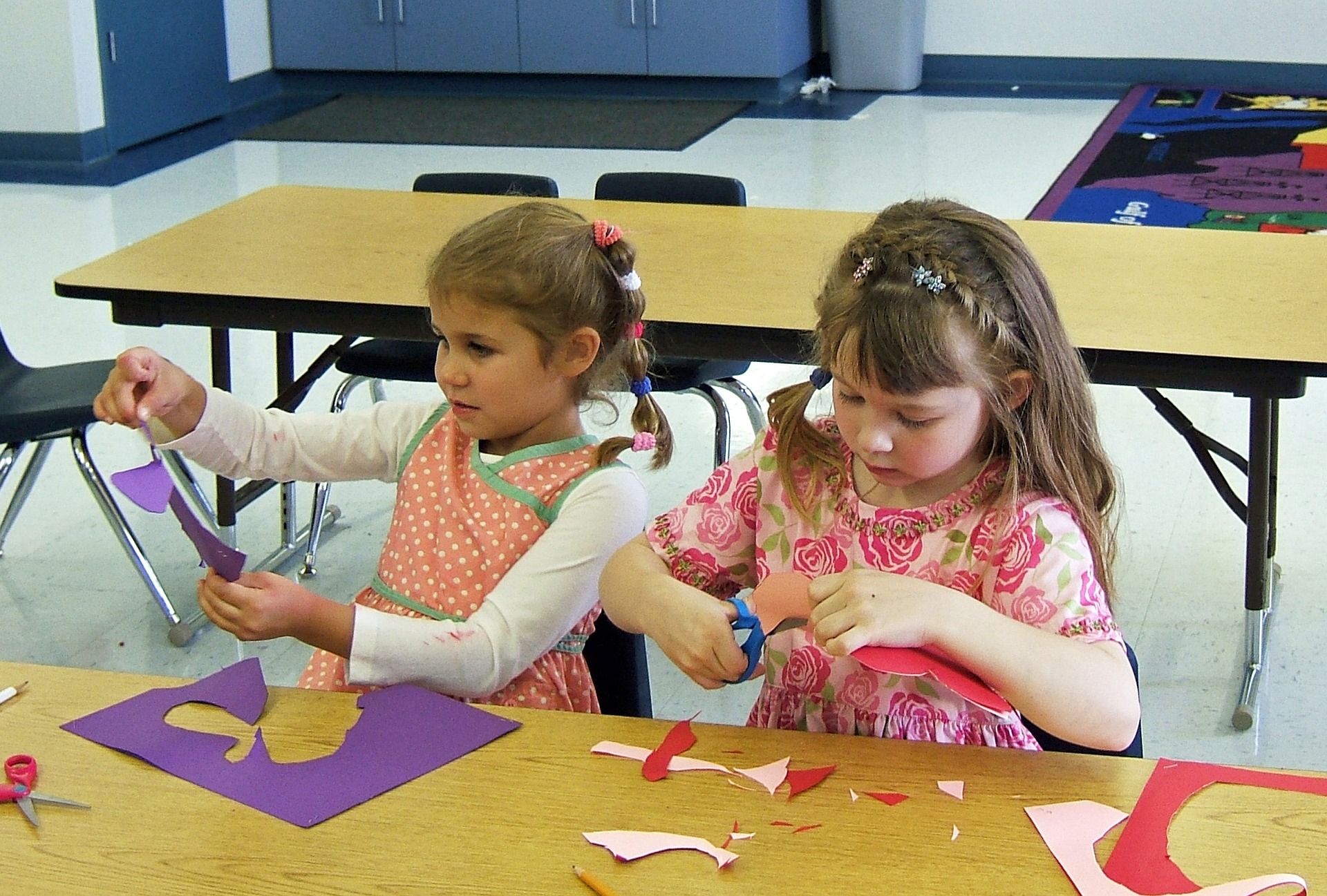As parents, we always want the best for our children, especially when it comes to education. So we do our research and send them to what we believe is the best school for our children.
While the curriculum offered by traditional schools is okay, you should know that their curriculum is predetermined and typically isn’t as flexible compared to Montessori schools. The lessons, as well as activities, are teacher-centered. The teacher gives the same lessons to all the children in her class in the same order and at the same pace without taking into consideration the preschooler’s individual needs and learning style.
Children have different learning styles, and unfortunately, this difference is typically ignored in most traditional schools. Furthermore, they also forget one crucial factor that helps preschoolers learn, and that is play.
What’s the connection between playing and learning?
Experts say that playing is the foundation for learning. It plays a role in the development of constructive problem solving, basic academic knowledge, creativity, overall intellectual growth, and even self-regulation.
For example, storytelling and children’s participation during story time teach them not only new words but also prepare them for reading. It also encourages them to think and enhance their comprehension as they follow story plots.
Building blocks and puzzles allow the children to be more creative as they build objects, create shapes, or put together and take apart puzzles. These may seem dull to us, but for children, not only are these fun activities to do but these games also prepare the children’s foundation for understanding basic math and geometry.
Group games such as scavenger hunt, board games, Simon Says, and indoor ball games not only enhance their motor acuity but also teach them important social and communication skills. Through these games, they learn about cooperation and taking turns as well as the importance of being a good sport. Group games also teach them empathy and help them understand the value of fostering friendships.
Playing inside the classroom may seem counterproductive if you want your child to learn, but studies have already shown how playing helps build the foundation for learning.
How can Montessori education help my child?
Montessori education understands the importance of play. When you visit their classrooms, you will see a wide variety of colorful toys and objects made from different materials with different textures. The toys can be stacked and sorted, and they can be manipulated, put together, or taken apart. All these objects encourage the child’s curiosity to explore, discover, and learn.
Montessori education, compared to traditional schools, is student-centered. This means that the curricula are flexible, expandable, and adaptable since it takes into consideration the children’s needs and their differences in learning styles. The students are encouraged to work at their own pace, which boosts their self-esteem and encourages them to feel good about their accomplishments.
The teachers, too, are more active in the children’s education. They are hands-on when it comes to helping their students learn and oftentimes assist them on a one-to-one basis.
If you want to learn more about Montessori education, we invite you to join us on our open-house event at the Naga City Montessori School at Mayon Avenue, Naga City on May 26, 2018 at 8:00 am to 5:00 pm. You may also contact them at (054) 473 8399 or like their page and message them at https://www.facebook.com/nagacitymontessori.
